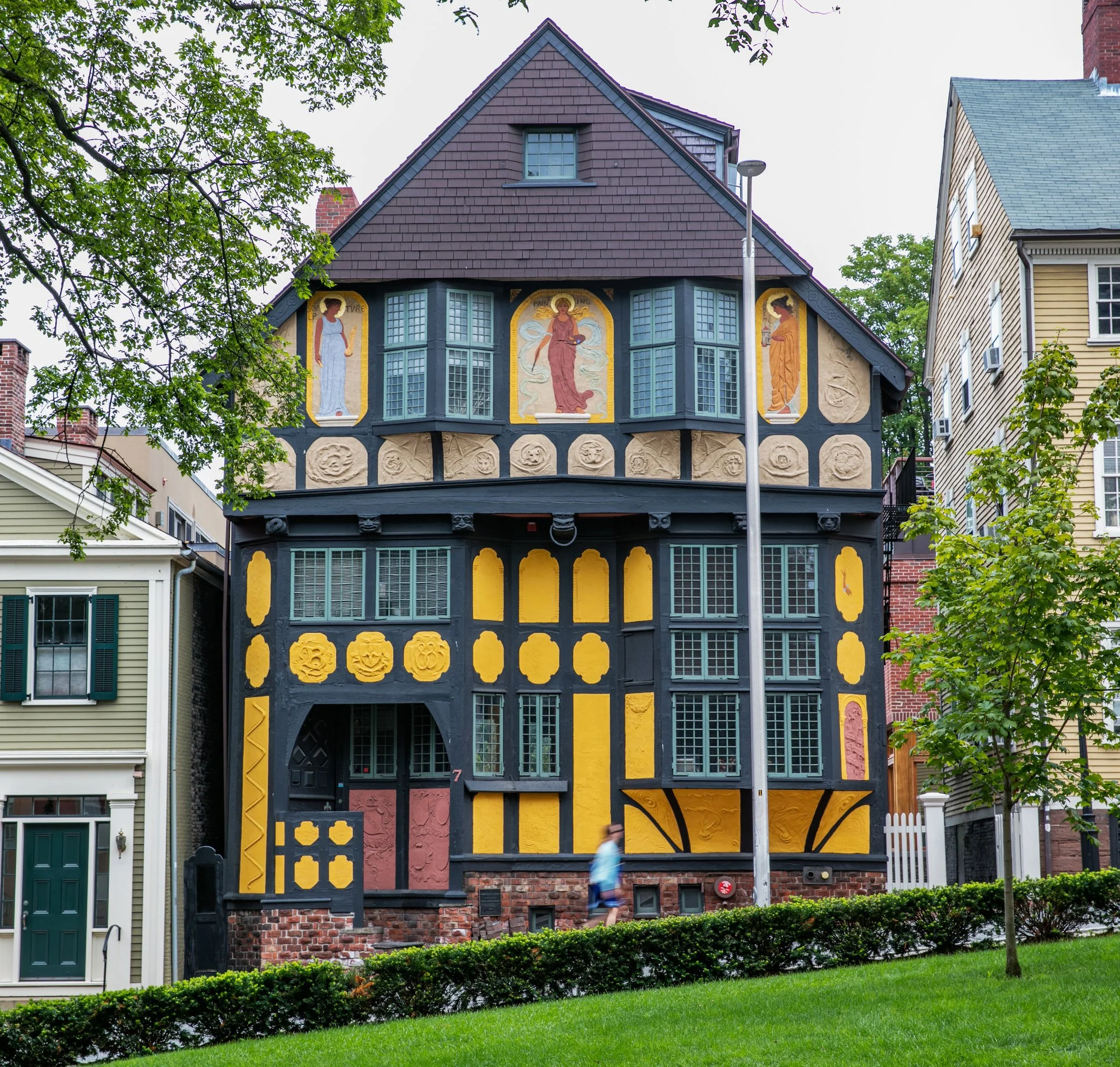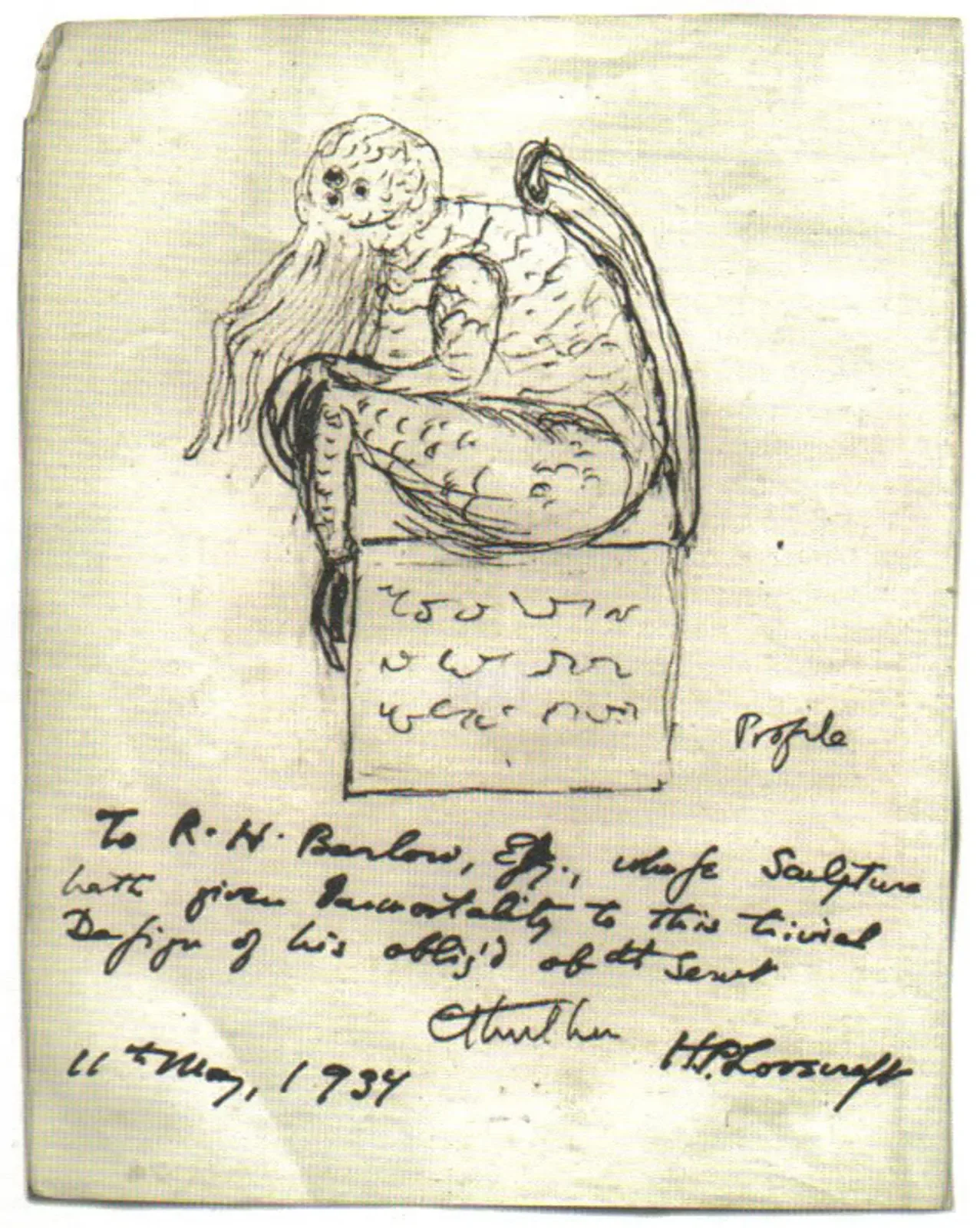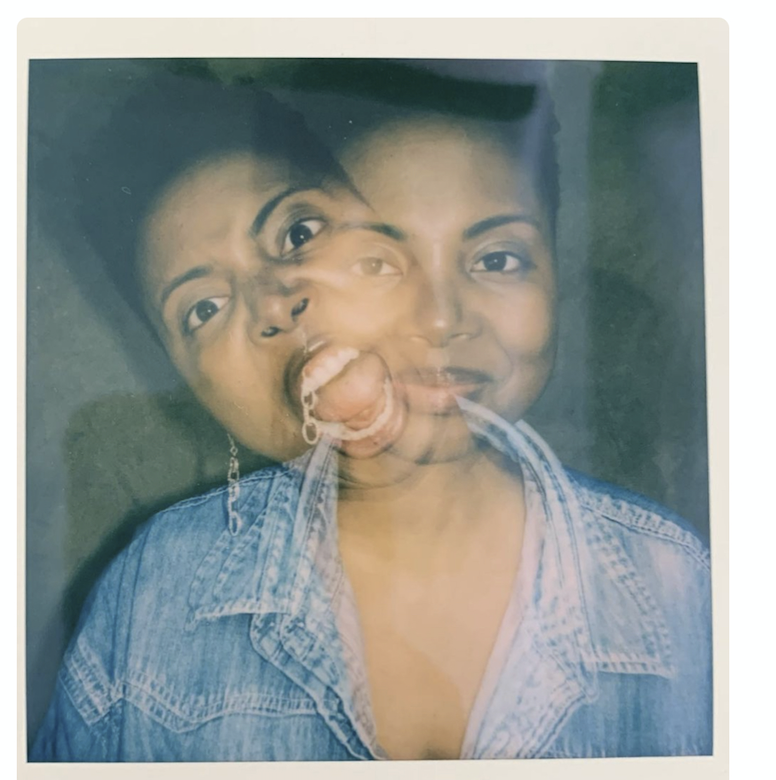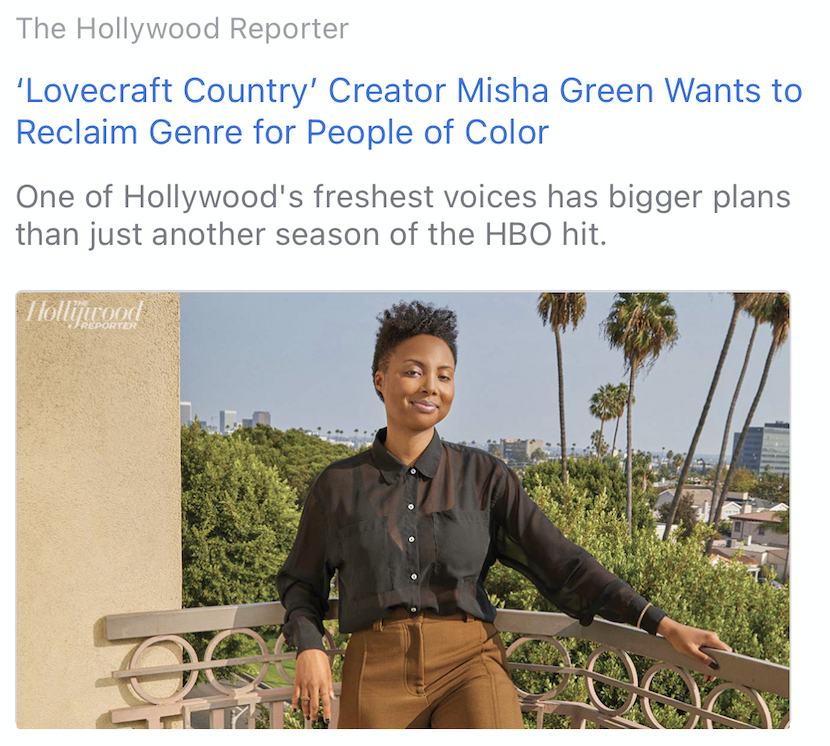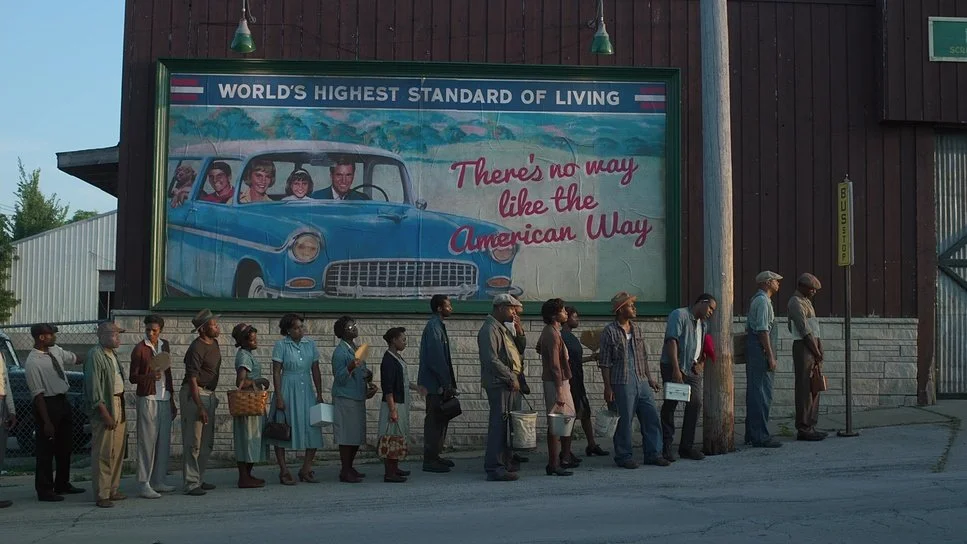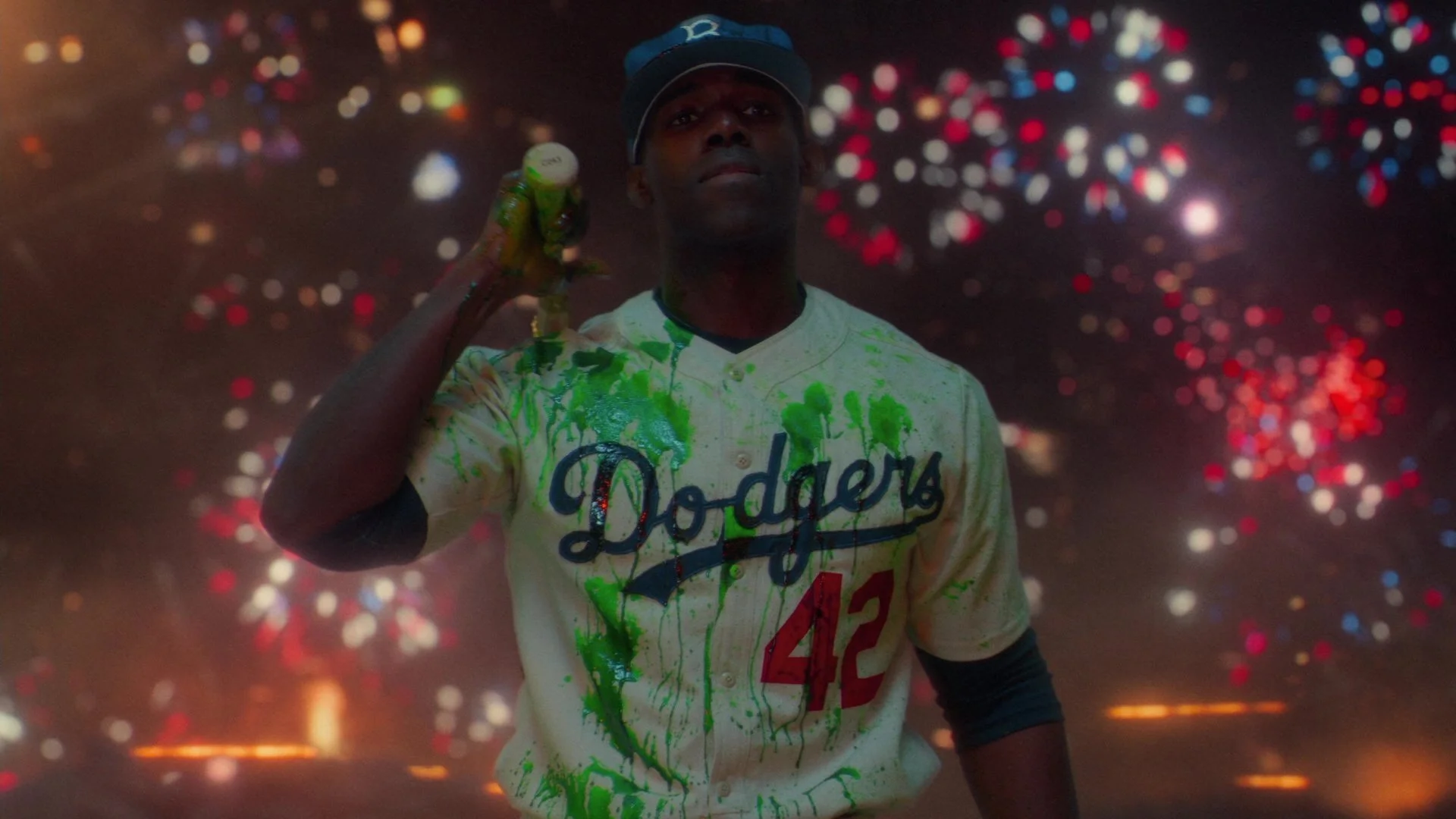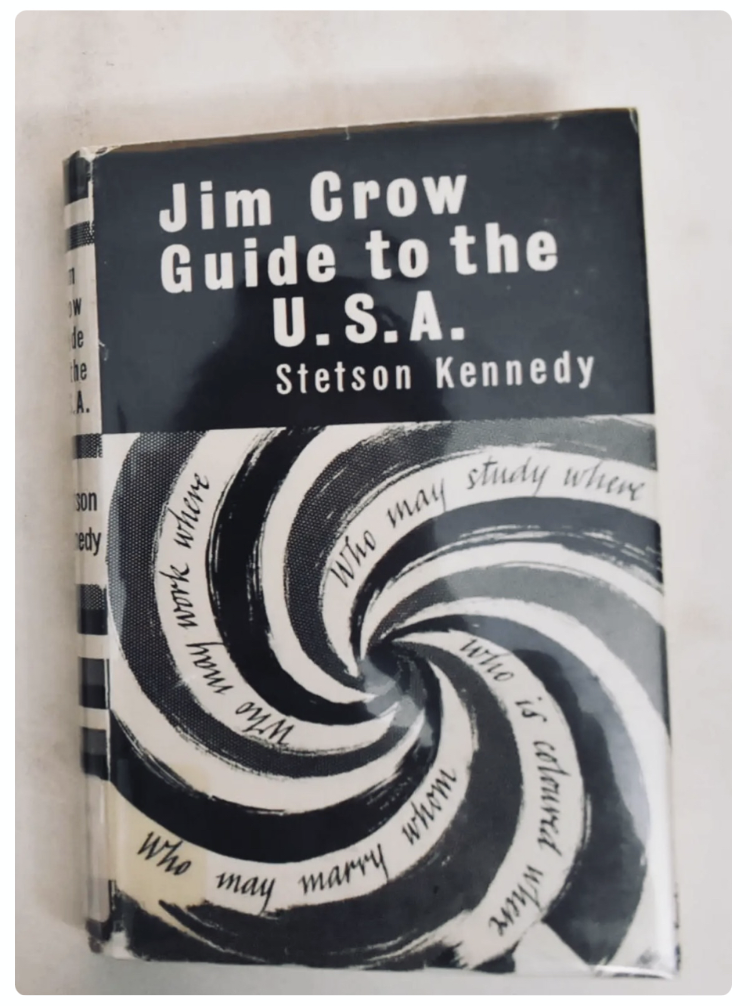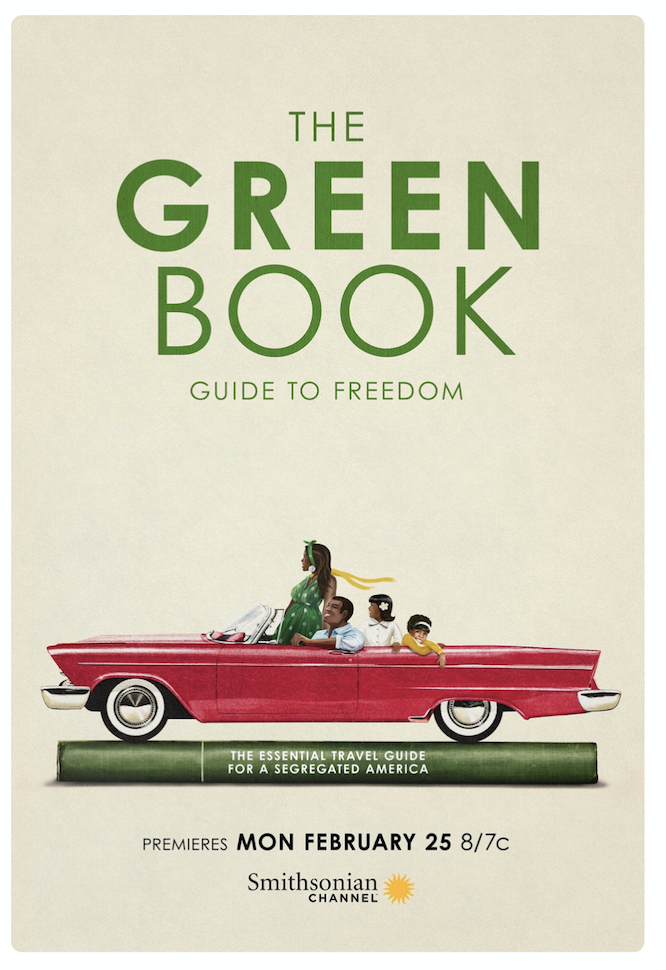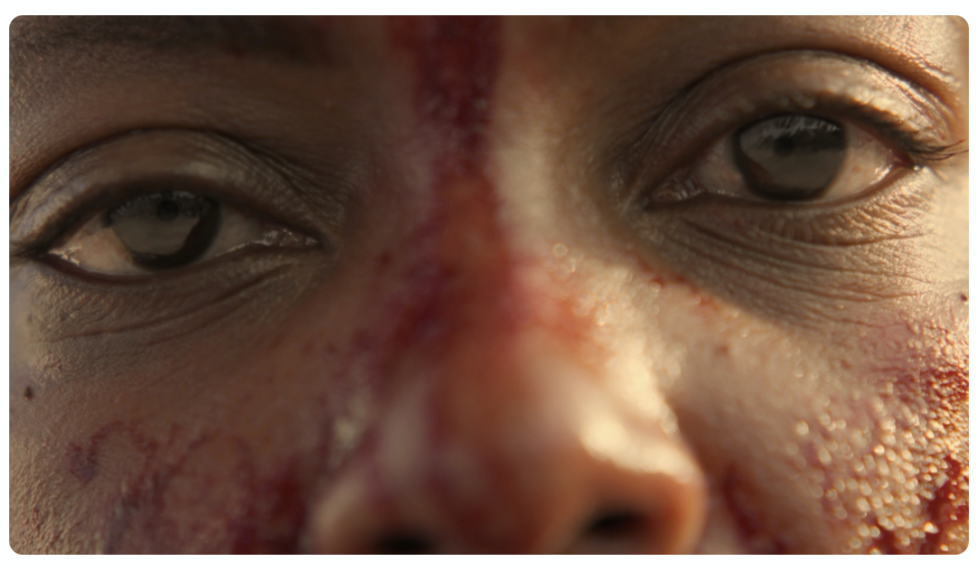In his classic study Supernatural Horror in Literature, H. P. Lovecraft discusses the emergence of what he called spectral literature-literature that involves the gothic themes of the supernatural found in the past but also considers modern society and humanity. Beyond indicating how authors of such works derived pleasure from a sense of cosmic atmosphere, Lovecraft did not elaborate on what he meant by the term spectral as a form of haunted literature concerned with modernity.
Howard Phillips Lovecraft is recognized as one of the most influential authors related to the so-called "weird fiction", a literary genre that emerged between the 19th and the 20th century. The weird tale became a stable genre in underground contexts as a consequence of being banned from the American academic system, but this did not stop authors from writing this kind of stories. Lovecraft says:
“These stories frequently emphasise the element of horror because fear is our deepest and strongest emotion. [...] Horror and the unknown or the strange are always closely connected, so that it is hard to create a convincing picture of shattered natural law or cosmic alienage or "outsideness" without laying stress on the emotion of fear.”
In Lord Dunsany, H. P. Lovecraft, and Ray Bradbury: Spectral Journeys, William F. Touponce examines what these three masters of weird fiction reveal about modernity and the condition of being modern in their tales. In this study, Touponce confirms that these three authors viewed storytelling as a kind of journey into the spectral.
Furthermore, he explains how each identifies modernity with capitalism in various ways and shows a concern with surpassing the limits of realism, which they see as tied to the representation of bourgeois society. Reading about how these works were tied to various stages of capitalism, one can see the connection between supernatural literature and society.
This study will appeal to fans of the three authors discussed here, as well as to scholars and others interested in the connection between literature and society, criticism of supernatural fiction, the nature of storytelling, and the meaning and experience of modernity. To evoke fear through literature, it is necessary to go beyond the traditional concept of gothic fiction. Unlike gothic fiction, weird fiction puts together unreal and cosmic elements, monstrous creatures, and strange gods, in a place that is not the reality one knows but rather a new metaphysical level. While the former presents a horrific matter that has the aim of conveying a sense of suspense, the latter wants to blow the reader's mind.
Lovecraft states that weird tales must present unknown forces and atmosphere of total dread; readers must deal with new monstrous creatures that sometimes reflect the author's deepest traumas and fears. Furthermore, he explains how each identifies modernity with capitalism in various ways and shows a concern with surpassing the limits of realism, which they see as tied to the representation of bourgeois society. Reading about how these works were tied to various stages of capitalism, one can see the connection between supernatural literature and society. The ancient winged god Cthulhu, depicted here in a sketch by Lovecraft, is a key figure in the author's cosmic horror canon.
Lovecraft created a genre of his own, cosmic horror or "cosmicism." Think nihilism, with occasional cephalopods.
The basic idea: Humans are an irrelevancy within the greater universe, a cosmos governed by forces so alien and terrifying that our tiny minds cannot encompass or bear their knowledge. Most characters who glimpse it promptly go insane. Cosmicism's big bad is Cthulhu, a winged, octopus-like ancient god. But Cthulhu and his associates aren't so much evil as indifferent to pesky human life. As pantheons go, Lovecraft's cosmogony is fairly imprecise, with much of it enfleshed by his immediate disciple, August Derleth, and other writers. There are Great Old Ones, the Outer Gods, the Elder Things and assorted monsters like the Shoggoth, a slave race of many-eyed, protoplasmic amoeba doodads.
These gods are occasionally humanoid, but more often sluglike, piscine, crustacean, gelatinous or a lose-your-lunch buffet of unnamable horrors. Lovecraft typed these beings as explicitly extraterrestrial, though some are former rulers of the earth and still lurk within its depths and reaches. (So no more expeditions to Antarctica, OK?)
Gods to know and then run from in crazed terror: Dagon, a sea monster god; Nyarlathotep, a malign shape-shifter god, who appears sometimes in the form of a pharaoh and sometimes as an upsetting bat thing; Shub-Niggarath, a cloudlike lady god sometimes called "the Black Goat of the Woods With a Thousand Young"; Yog-Sothoth, the "All-in-One and One-in-All," a collection of glowing circles, but scary.
Lovecraft Country
Though theaters were closed during summer 2020, U.S. audiences weren't completely denied a blockbuster, if you knew where to look. HBO'sa drama about a Black family in 1950s Chicago battling both monsters and some seriously messed-up white people — blended action, sex, horror and timely commentary on America's insidious history of racism for gleeful critics and an audience of 9 million multiplatform viewers to date.
With today's lecture on the Enduring Legacy of Spectral Literature American Culture we really want to ensure that this topic is unpacked with sensitivity and supported with proper data to engage with as we discuss the 2020 HBO packaged show that bears the authors name Lovecraft Country and takes on some of his creatures applying them within the constructs of the American Societal Culture.
In the book Blood Talk, from 2003, the scholar Susan Gillman describes a category of fin-de-siècle literature that she calls the "race melodrama," a genre defined by its occultish grapplings with the Negro question. It includes, on the one hand, such marvels as Of One Blood; or, The Hidden Self, a serial novel by Pauline Hopkins, the editor of Colored American Magazine (until she was supplanted as part of a hostile acquisition orchestrated by Booker T. Washington), in which a passing medical student with a talent for mesmerism travels to Ethiopia for an archeological expedition and ends up claiming his birthright at the helm of an ancient civilization responsible for all men, Black and white.
Pauline Hopkins was a multitalented author, journalist and editor who pioneered horror, science fiction and fantasy writing at the turn of the 20th century. She wrote among the first (if not the first) theatrical drama and detective stories authored by a Black person, yet, her fiction does not have the same recognition as household names like Mary Shelley's Frankenstein or Edgar Allan Poe's The TellTale Heart, nor does her nonfiction have the same acclaim as W.E.B. Du Bois'.
This is partly due to the unfortunate reality that archival materials related to marginalized figures, especially Black women like Hopkins, are difficult to exhume when they are no longer active. The other part is the long-standing racist and sexist ideas behind what constitutes "literary canon."
Lovecraft Country, both the novel by Matt Ruff, from 2016, and the television adaptation of the same name, which premiered on HBO last Sunday, are of the present, and thus much surer about what they think is known about the psychic warfare that Sutton E. Griggs, a Black contemporary of Lovecraft's, called "racial hypnotism." Lovecraft Country also presents an account of segregated America tinged with strangeness: there are supernatural elements aplenty, but the mythos is subdued -terror comes from the human agents of racism and the dread of those who have something to fear.
The requisite eggs have been laid: a cephalopodic creature that can only be Lovecraft's Cthulhu appears in a main character's subconscious; "The Outsider and Others" is pulled off of a shelf. But such references do not mean that the series is interested in torquing the qualities of what's called Lovecraftian, nor inheriting them. Misha Green, the show runner, who has said that she bonded with the executive producer, Jordan Peele, over a love of horror, acknowledges the historical influence of the show's namesake, but told the NY Times that she isn't "a huge fan."
Racial discrimination is an old evil, but it has grown into one of the principal problems in the western world today. This book is a guide to racial relations in the USA. It show how racial discrimination not only comes into such matter as education, jobs and marriage but also affects the whole of everyday behaviors, the terms in which people may address one another, the way they may walk on the pavement or ride in a streetcar, the raising of hats, the shaking of hands. This is a courageous book, horrifying in its implication, humane in its message. It will help to hasten the day when racial discrimination in the USA becomes a thing of the past.
The Jim Crow Guide documents the system of legally imposed American apartheid that prevailed during what Stetson Kennedy calls "the long century from Emancipation to the Overcoming." The mock guidebook covers every area of activity where the tentacles of Jim Crow reached. From the texts of state statutes, municipal ordinances, federal regulations, and judicial rulings, Kennedy exhumes the legalistic skeleton of Jim Crow in a work of permanent value for scholars and of exceptional appeal for general readers.
In response to the injustice of Jim Crow Laws, the introduction of a guide called the Green Book was established for African-Americans traveling throughout the United States. This guide plays a major element within the show Lovecraft Country.
We share these supporting documents to aide in enriching your understanding of the themes with the series Lovecraft County as well as to give perspective on the African American experience in America at that time, some of which practices continues into present day society.
Part Two: H.P. Lovecrafted the Stuff of Spectatorship
Film and television create worlds, but they are also of a world, a world that is made up of stuff, to which humans attach meaning. Think of the last time you watched a movie: the chair you sat in, the snacks you ate, the people around you, maybe the beer or joint you consumed to help you unwind—all this stuff shaped your experience of media and its influence on you. The material culture around film and television changes how we make sense of their content, not to mention the very sense of their content, not to mention the very concepts of the mediums.
Focusing on material cultures of film and television reception, The Stuff of Spectatorship argues that the things we share space with and consume as we consume television and film influence the meaning we gather from them.
This book examines the roles that six different material cultures have played in film and television culture since the 1970s-including video marketing, branded merchandise, drugs and alcohol, and even gun violence—and shows how objects considered peripheral to film and television culture are in fact central to its past and future.
The rise of streaming services has revolutionized the way we consume movies and TV shows, leading to a significant impact on the traditional movie industry. With platforms like Netflix, Amazon Prime Video, and Disney+, viewers now have unparalleled access to a vast library of content, changing the dynamics of how movies are produced, distributed, and consumed. In this article, we will explore the various effects of streaming services on the movie industry and the broader entertainment landscape, discussing both the challenges and potential solutions. The data below is provided to best understand today's discussion of how Misha Green, who crafted this groundbreaking series was denied a second season of Lovecraft Country on HBO, at least to my best researching tactics.




The report's authors noted that 2021 was the first year since they began tracking such statistics that the majority of Academy Awards went to films that were directed by people of color and featured minority actors in lead roles. an updated list is linked here, as we used data based on the timeframe when Love Craft Country was released for our discussion.
And the year's third highest-grossing film at the box office was "F9: The Fast Saga," which featured a cast that was more than 50% minority and was directed by Taiwanese American filmmaker Justin Lin. Sixty-five percent of opening weekend ticket sales for "F" were to minority audiences, the highest "F9" were to minority audiences, the highest figure among all films in the top 10.
The report tracks the numbers of writers, directors and actors who identify as Asian American, Black, Latino, Middle Eastern/North African, multiracial and Native American. People in those groups make up 42.7% of the U.S. population, and they form an important consumer bloc for entertainment, including movies. For six of the 10 top-grossing films that opened in theaters in 2021, people of color accounted for the majority of opening-weekend U.S. ticket sales.
The report also analyzed box office performance based on the diversity of the movies' casts - whether minority actors made up less than 11% of the cast, 11% to 20%, and so on, up to 51% or more. The study revealed that films with 21% to 30% minority actors had higher median global box office receipts than films in any other tier. That echoed a pattern since the report began tracking box office performance in 2011.
The report also found that, as in previous years, films with the least diverse casts (11% or less minority) were the poorest performers at the box office.
With its unique blend of horror, fictional period drama, real historical figures, fantasy, sci-fi and social commentary, the empowering Lovecraft Country took pop culture by storm in August 2020, deep in the heart of the COVID-19 pandemic and helped advance the social conversation ignited by the death of George Floyd.
But the enthusiastic reception of the first season of Lovecraft Country, created, executive produced and showrunner by Green and produced by J.J. Abrams' Bad Robot and Jordan Peele's Monkeypaw Productions, did not automatically guarantee a renewal. That is because Season 1 was based on Matt Ruff's book, which served as a roadmap for the series only, everything that made the show was all Misha’a vision as a director. Having eclipsed the 2016, Green was clearly looking to weave some more genre magic with alternate history.
"Misha is working with a small team of writers and they're coming up with a take," Casey Bloys, Chief Content Officer of HBO and HBO Max, told Deadline in February 2021. She had a book to go on in the first season. She and the writers wanted to go off and take some time to go out and figure out without a book with these characters, what's the journey we want to go on. We all want to be sure she's got a story to tell. That's where she is right now, working on those ideas. I'm very hopeful, as is Misha, so we're giving them the time to work."
Ultimately, after careful consideration, a decision was made not to proceed with a second season.
At the time of the Lovecraft Country finale airing in October, Green outlined for Deadline where she wanted to take the series. "I envision a second season that carries on the spirit of Matt Ruff's novel by continuing to reclaim the genre storytelling space that people of color have typically been left out of," said Green, who co-created another acclaimed series, WGN America's Underground, before developing Lovecraft Country.
Depicting four nations on what is the territory of the continental United States, the image Green teased on Twitter comes from a more than 75-page Bible that was created for a second season of Lovecraft Country. However, even with all that foundation work, no scripts had been written yet for what was anticipated to be a 10-episode season that was a seemingly slam-dunk for renewal.
A very very different America was going to be unveiled in Season 2 of Lovecraft Country, creator Misha Green revealed today after HBO officially pulled the plug on the acclaimed horror drama.
The vagueness of Bloys' statement comes off as a bit uncomfortable. Lovecraft Country was already a series that pushed boundaries when it came to discussions around the Black experience and racism in the U.S. And honestly, it was brave of HBO to greenlight a story like that because no other network had a series like it.
